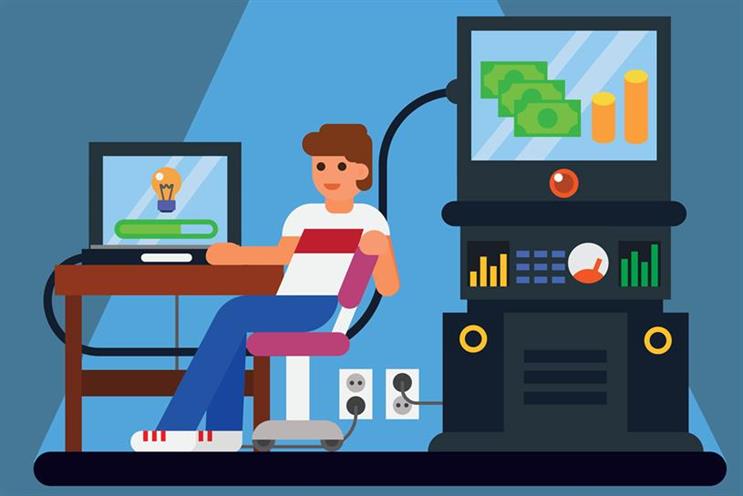Ad fraud has become one of the most conspicuous issues of our time. We all knew that its impact went much further than just wasted ad dollars but recent revelations have been a stark reminder of just how deep the rabbit-hole goes.
The mistake that too many have been making is to look at the ad fraud threat as static when it’s anything but. The technology involved is constantly evolving, with new types emerging every month.
Most advertisers and publishers are only really aware of the most common examples, those that have been around for some time and are well-documented. A new generation, however, is emerging, such as forced mobile auto-refreshing, hijacked tags, falsified location data, domain spoofing, or ‘methbot fraud’, which wouldn’t sound out of place in an episode of Breaking Bad. The list goes on and is growing fast.
We’ve come to a point where the global nature of the threat needs an equally global response. To date, though, most of the focus has been on creating national organisations to tackle it, like Jicwebs, Tag, and the Digital Trading Standards Group, which outline best practice in viewability, brand safety and fraud for the UK and Ireland.
Whilst Jicwebs has been a positive development for RTB in this country, the scope of the fraud it reports on is already being overtaken by events. Its regional limitations also make it inadequate to tackle the global threat. Ad fraud, after all, is coming from multiple locations around the world and often from the places we least expect.
Setting standards at a global level really is the only way we’re going to meet the challenge. It will also need to be flexible enough to grow and evolve as the threat does. I’d like to say that Europe is set to take a lead in setting these global standards, but it’s the US’ Media Ratings Council which is currently offering the kind of premium model and benchmark of capability the rest of the world should be looking to match.
The MRC accreditation is extremely tough to achieve. Trust me, I know. Adloox has just been through the process to become the first European tech company to be accredited for Sophisticated Invalid Traffic (SIVT desktop) detection. The strict standards have ruffled more than a few feathers in the industry, with some household names suspended for not complying with the required standards. Some are saying the organisation is needlessly adding complexity to the process by constantly adding new reporting requirements. But it’s exactly this complacent attitude that has got us into the current situation we are in. Quality, it would seem, comes at a cost. Worryingly this quality has been widely and negligently missing across digital and its measurement to date.
Make no mistake, the army of people building the malware and machine learning behind ad fraud are some of the most talented developers on the planet. They are constantly looking for chinks in our armour and new ways to undermine the system.
That means any set of standards we create will need to be just as sophisticated and complex to fight it, plus have the global reach necessary to tackle the threat wherever it may emerge. Ad fraud doesn’t respect national borders, so why should our response be limited to countries and regions? Are we looking in the right place to detect it and stop it? Do we really think just reporting on website domains is going to catch the super-smart cyber criminals?
The time to insist on deeper auditing is now. Up to 80% of the invalid traffic is hiding at a user (not website) level, yet the tools on the market don’t offer this deeper reporting. Agencies are trying to optimise against top-line viewability scores, suppliers get the same non-transparent report for free so claim they are covered, and the brands themselves are somewhat in the dark, that is until their brand gets roped into a front page exposé story. With all this, it’s no surprise that fraud is increasing not decreasing and advertisers are starting to demand answers and accountability.
We’ll never be able to stamp ad fraud out completely. The huge size of the digital advertising market means there will always be clever people looking to exploit it. But with terrorists now increasingly benefitting from ad fraud too, it really is time for the media and marketing worlds to pool our resources and come up with a global, more aggressive standard to allow us all to stay one step ahead.
Marco Ricci is the chief executive of Adloox


